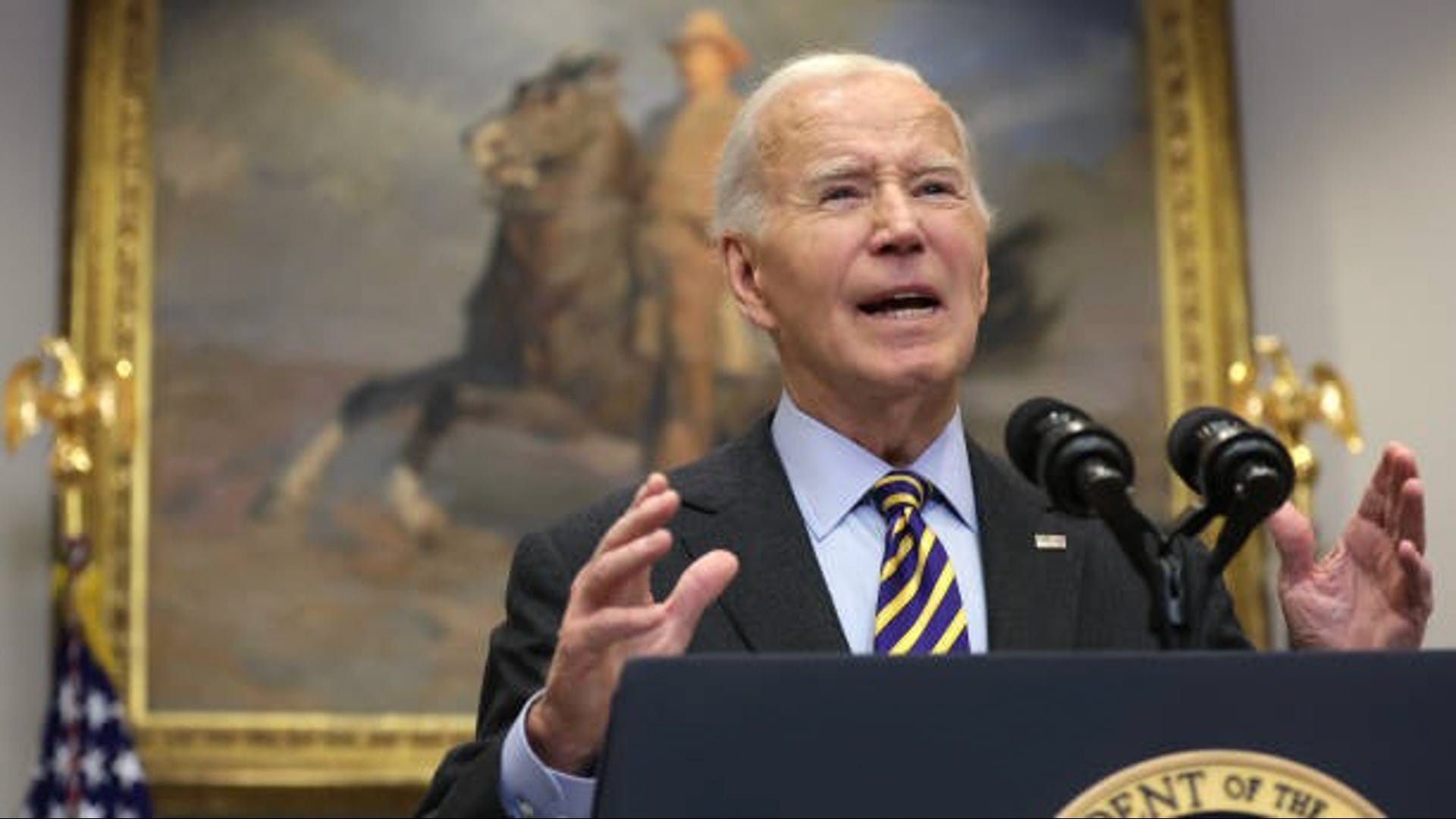Biden administration to announce new rule curbing sale of AI chips to China, Russia

WASHINGTON − The Biden administration is expected to unveil a new rule governing the export of advanced artificial intelligence chips on Monday, aimed at curbing access to cutting-edge technology for countries including China while making it easier for 18 key allies and partners.
"In the wrong hands, powerful AI systems have the potential to exacerbate significant national security risks, including by enabling the development of weapons of mass destruction, supporting powerful offensive cyber operations, and aiding human rights abuses, such as mass surveillance,” the White Houses said in a statement.
In a call with reporters on Sunday, Commerce Secretary Gina Raimondo said the new policy will help build a trusted global technology ecosystem.
“Managing these very real national security risks requires taking into account the evolution of AI technology, the capabilities of our adversaries, and the desire of our allies to share in the benefits of this technology,” she said.
The rule would also provide flexibility and enable countries aligned with U.S. interests to benefit from large-scale purchases.
No restrictions apply to chip sales to allies and partners, including tech powerhouses like South Korea and Taiwan, several European allies, the U.K., and Australia.
For arms-embargoed countries including China, Russia and North Korea, restrictions on the export of advanced AI chips already exist. With the new rule, they will be subject to restrictions on transfers of the most powerful AI models.
Chip orders with collective computation power up to roughly 1,700 advanced graphics processing units, or GPUs, do not require a license and do not count against national chip caps, the White House said. The overwhelming majority of chip orders are in this category, especially those being placed by universities, medical institutions, and research organizations for clearly innocuous purposes.
Raimondo said the idea was to achieve “the twin goals of allowing AI to proliferate around the world, drawing other countries closer to us, but also making sure that we protect ourselves from national security risks.”
The rule, set in the last week of the Biden administration, will have a 120-day comment period for input from experts, industry players and partner countries.
Swapna Venugopal Ramaswamy is a White House Correspondent for Paste BN. You can follow her on X @SwapnaVenugopal